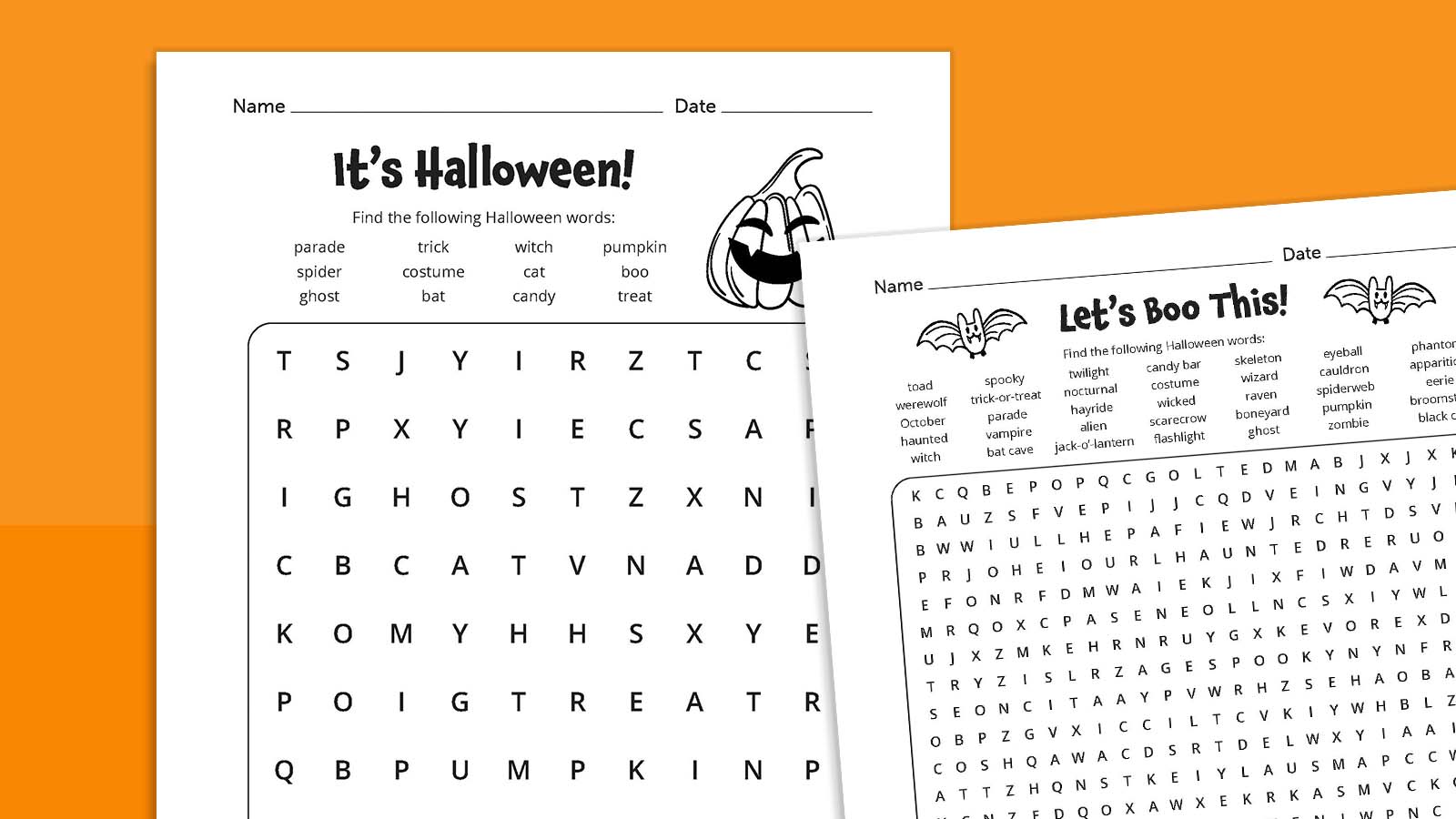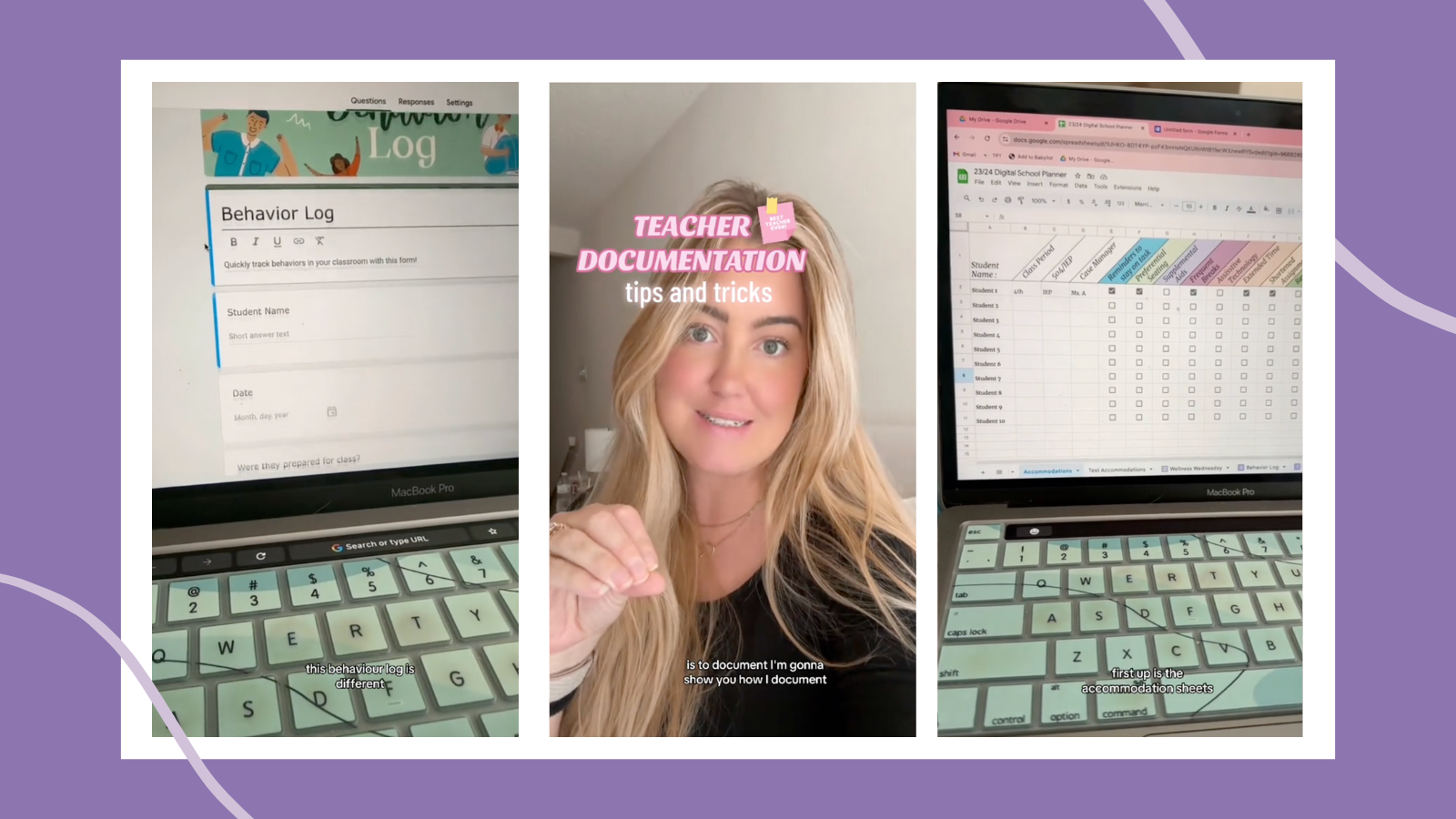Key points:
Strong news literacy skills are a must-have in today’s online world
Turning media literacy into civic engagement
Is it fake? How to teach with news and media sources
For more news on media literacy, visit eSN’s Digital Learning hub
News literacy skills are of paramount importance in today’s world, and are especially key for students, who must be able to critically assess information sources and vet resources effectively.
As AI becomes more advanced, and as it becomes easier to doctor or fake online images, social media posts, and sound clips, students must have critical thinking skills and a sense for news literacy in order to identify where information comes from and if it is reliable. It’s critical for students to realize that just because they see something on YouTube or TikTok doesn’t necessarily make it true.
Here are 5 resources to help students develop strong news literacy skills:
1. The News Literacy Project offers several resources and services for educators, including an online learning platform, a free weekly newsletter, professional development opportunities, a variety of classroom materials and more. Checkology virtual classroom, NLP’s browser-based platform, is designed for students in grades 6-12 and helps prepare the next generation to easily identify misinformation. The Newsroom to Classroom program connects educators with vetted journalists who will visit classrooms either in person or virtually. It’s available to registered Checkology users only. NLP’s resource library includes lesson plans, classroom activities, posters and infographics, quizzes, and more for educators teaching news literacy. The Sift weekly newsletter delivers relevant media news and recent examples of misinformation, along with prompts and tips for classroom discussions and activities.
2. NewseumED‘s entire site is a treasure trove of educational materials, and its Media Literacy Resources page is no different. Educators can find free resources on fighting fake news and developing students’ media literacy skills through activities, lessons, case studies, and guest blog posts. NewseumED travels around the country and the globe to present on media literacy and First Amendment topics, ranging from how to lead conversations about controversial topics to the perils of propaganda.
3. Common Sense Education’s Challenging Confirmation Bias lesson, geared at high school students, helps students learn to recognize confirmation bias when they encounter news online and use it as a way to examine competing opinions and ideas and to avoid drawing questionable conclusions. The lesson guides students as they define confirmation bias and identify why it occurs; explore examples of confirmation bias, particularly related to news and online information; and identify strategies for challenging their own confirmation biases.
4. Civic Online Reasoning focuses on the idea that students are confused about how to evaluate online information–in fact, most people are. The COR curriculum provides free lessons and assessments that help educators teach students to evaluate online information that affects them, their communities, and the world. Educators can download a single lesson or the full curriculum. Either way, they get classroom-ready materials and can integrate lesson plans into existing curriculum or teach as a separate module.
5. PBS LearningMedia’s News and Media Literacy collection, which includes videos, blog articles, student handouts, lesson plans, and tip sheets for families, helps students identify, analyze, and investigate the news and information they get from online sources. News literacy is an essential skill for all students across a range of subjects. The collection is also useful for a behind-the-scenes look at journalism and how information is researched, shaped, and reported. Check out the resources in the collection topics.
News literacy skills are of paramount importance in today’s world, and are especially key for students, who must be able to critically assess information sources and vet resources effectively. Digital Learning, Digital Literacy, Featured on eSchool News, critical thinking, critical thinking skills, IT, literacy, literacy skills, news, online, resources, skills, social eSchool News







